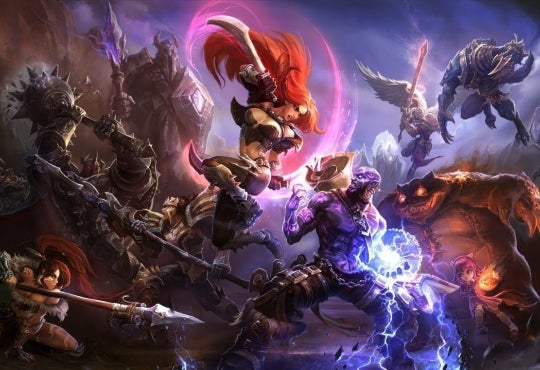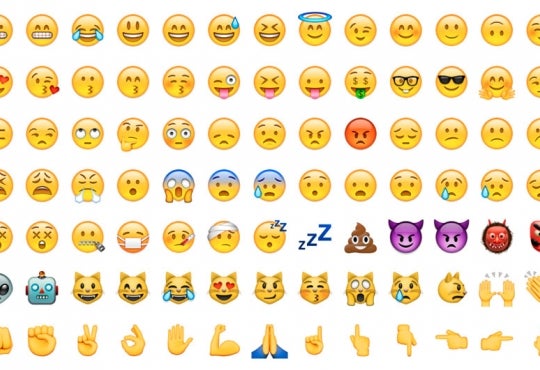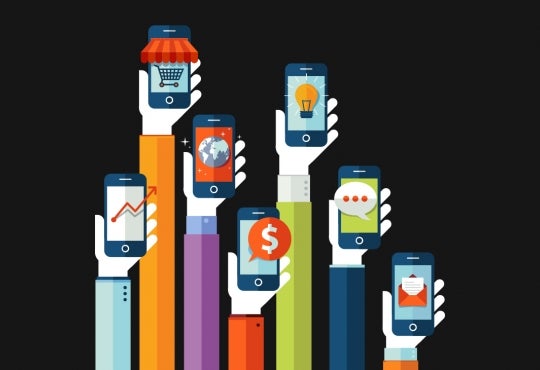There are tons of mobile games available now, and success seems unpredictable. Some games hit the jackpot without much work, while others spend months strategizing.
Flappy Bird
You may or may not have heard of this briefly popular app game which became viral instantaneously. From a Vietnamese indie developer named Dong Nguye came one of the most strangely successful app games ever, earning upwards of $50k a day from in-game advertisements.
To play the game you simply tap on the screen of your mobile device to make the little pixelated bird on screen “flap” upwards, otherwise it falls straight to the ground and you have to start over. You have to navigate through an obstacle course of pipes – similar to the pipes from the Super Mario Brother’s World. Each time you make it through one of the spaces, you get a point. You continue doing this until the bird crashes into a pipe or falls to the ground.
The reason this game gained traction and became popular was through word of mouth (and twitter). People began telling friends and tweeting about the game until it seemed like everyone had either heard of or downloaded it. It also helped that the game was very addictive, with some people tweeting that they’ve been playing the game for hours and hours upon end.
You would think that Dong Nguye would be happy with the success of his game as well as the amount of money he was raking in from the in-app advertisements, but you would be wrong. He felt that people were abusing the game by playing it for ridiculous amounts of time. He was also being harassed by people on twitter saying that his game sucks and that he’s ruining their lives. Eventually he had enough, and tweeted, “I am sorry ‘Flappy Bird’ users, 22 hours from now, I will take ‘Flappy Bird’ down. I cannot take this anymore.” As of right now, Flappy Bird does not exist on the app store, but in its wake, many clones of the game can still be found. The rise and fall of Flappy Bird clearly demonstrates how uncertain the popularity of apps will be.
Angry Bids
There seems to be a theme to note in popular mobile games and apps. Although probably just a coincidence, using birds as characters seems to catapult a game to the top of the list. Angry Birds is yet another great example of this. However, unlike Flappy Bird’s unexpected success, the developers at Angry Birds devised a strategy to make arguably the most popular mobile game ever. Angry Birds focuses on an engaging yet simple user interaction. By adding birds with different abilities at specific points in the game, the developers are able to keep the game interesting. Another way they were able to accomplish this was by allowing the player to see the trajectory of previous birds that had been shot. This gives the player the ability to physically see what they did wrong in order to correct their next shot. Mark Griffith, a psychology professor at Nottingham Trent University who is currently doing research on the effects of gambling, compares Angry Birds to gambling. Griffith says that when people fail at something (e.g. mess up a shot, or lose a level), they make up a reason in their head as to why they didn’t win. Then they go back and correct it until they do win. It’s why gambling and Angry Birds can both be so addicting.
However, just because your game is engaging does not mean that it will make it into the hands of millions of people without some work. Rather than going straight to the English-speaking app markets, Angry Birds first went to smaller non-English speaking markets, such as Finland and Denmark. They became number 1 in these markets with around 40 000 downloads. Eventually the rest of the world heard about it and started to download Angry Birds until it became the most popular app and mobile game ever.
Candy Crush Saga
Don’t lie, we’ve all played it. You’ve probably waited days to play those quests, so you can reach the next set of levels, in an effort to hide your addiction from your Facebook friends. Or you couldn’t care less about letting the world know, so you bugged your Facebook friends just to get to the next set of levels. So why are you so addicted to this game and how is it that there are an incredible amount of people playing it every day? (1 of every 7 people in Hong Kong alone).
Candy Crush started and gained popularity as a Facebook app. If you played the game, it would post updates on your wall (if you allowed it) in order to show your friends that you are excessively playing Candy Crush. Your friends would see this, and then start playing the game themselves. Eventually, Candy Crush became the biggest game on Facebook and King.com (the developers of Candy Crush Saga) became the top developer on the site. King.com decided to capitalize on their success by bringing the game to mobile app stores. Since so many people were already playing the game on their computers at home, seeing that it could be played from a mobile device was a huge selling point.
Getting people to initially play the game is one thing, keeping players latched on and engaged is an entirely different animal, as we’ve seen from Angry Birds. Candy Crush is a lot like an older, popular game called Bejeweled where the goal of the game was to get jewels of the same colour into rows of three or more. The rows then “break” and more jewels fall down into your screen. Candy Crush is nearly identical to this except that it uses candy instead of jewels, and it also provides a lot more strategic variety. It introduces new challenges at the perfect points in the game to continue delivering that engaging experience.
Temple Run
Although not as popular as some of the other games mentioned, Temple Run became extremely popular very quickly for no obvious reason. The developers of Temple Run originally made very content heavy games, but found they were not getting very many downloads. So, they tried their hand at creating a very casual pick-up-and-play game. The result was Temple Run. Much like Flappy Bird, absolutely no money was put into marketing the game, yet word of mouth and addictive gameplay brought this game to the top of the charts.
When it comes to mobile games and apps, it is uncertain as to how some games become extremely popular in a short amount of time. But it seems that as long as a game is easy to play, addictive and people talk about it, then it will reach the top of the charts in no time!
References
[i] [Mobile Gaming]. (n.d.). Retrieved from http://reboundmobile.com/wp-content/uploads/2016/05/HiRes-1.jpg











